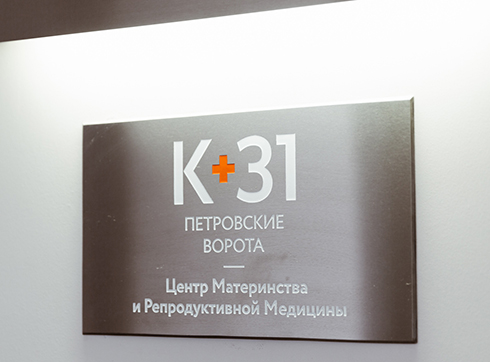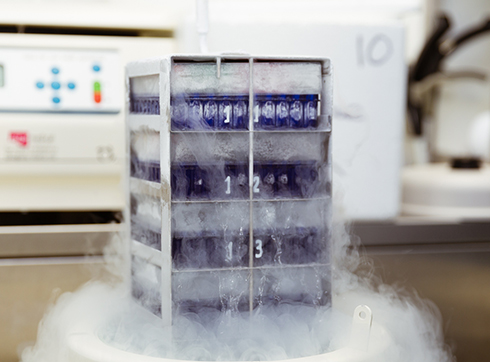
If a young couple wants to have a child, but conception does not occur for more than a year, they turn to doctors: she to a gynecologist, he to a urologist. They are examined, and often no obstacles to conception are found. But people want to become parents, and a reproductive doctor can help them with this.
Insemination: what is it?
Strictly speaking, the word "insemination" means "introduction of semen." That is, it is a procedure that is very close to natural sexual intercourse. In this case, sperm is introduced through a catheter either into the vagina, or into the uterus, or into the fallopian tubes. Any version of the procedure significantly increases the likelihood of pregnancy.
A man deposits semen in a special container, where, depending on its condition (the number of sperm, its viscosity and other indicators), it can either be processed or left "as is" (native sperm), or can be "frozen" - cryopreserved. There is also an option of using donor sperm: it can only be used after 6 months of frozen storage, while its donor is tested several times for latent infections.
Semen is introduced into a woman on the day before ovulation or directly on the day when the egg has left its follicle. In this case, ovulation can be natural, or it can be stimulated with drugs.

Insemination: indications for use
Indications for insemination are divided into female and male.
So, the procedure is necessary if a woman has:
- there are antibodies to the husband's sperm in the cervix;
- very long cervix;
- weakly positive and negative direct Kutzrok-Miller test, indicating that conception is hampered by increased viscosity of mucus in the cervix, which does not decrease even during ovulation;
- uncorrectable high vaginal pH;
- she has vaginismus: her vagina reacts with painful spasms to the insertion of not only the penis, but also tampons and gynecological speculums.
It is necessary to resort to insemination if a man:
- the quality of the sperm is impaired, but there are live spermatozoa in it (if there are none, insemination with donor sperm is possible);
- there is hypospadias: the urethra (also known as the vas deferens) opens not on the head of the penis, but on its shaft;
- there is erectile dysfunction;
- there are antibodies that destroy one's own sperm.
The procedure can also be a solution for the male factor in the case of:
- azoospermia;
- HIV infections;
- pronounced ejaculatory disorders combined with low sperm quality;
- carrier of genetic diseases.







